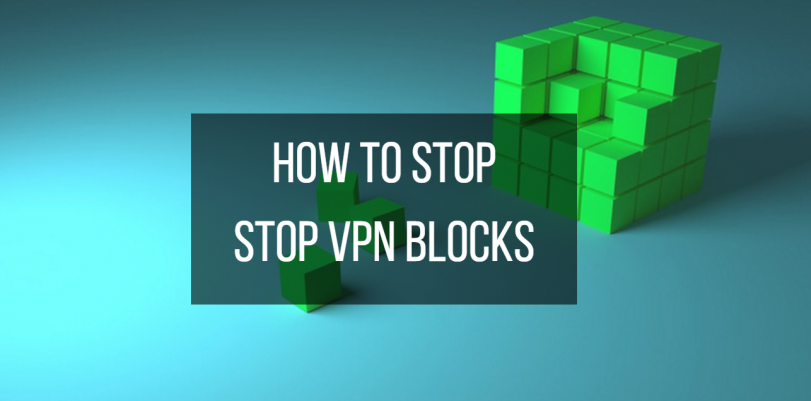Every online restriction that posed a problem for us so far could have been bypassed by using VPNs. However, that’s not the case anymore, because, alongside VPNs, VPN blocks have also come into the light and became one of the issues that we now have to deal with.
Internet Censorship
There are many ways to apply internet censorship and even more reasons to do so. They include government censorship, that’s done for political or social reasons, or sometimes even copyright reasons. Censorship can also be found at workplaces, or schools, and even universities, even though many believe that this is bad for learning since it limits the reach of students.
It can even be found in the regular homes since many parents feel like they must protect their children from the things that might have a negative influence on their development and way of thinking. Even though this is probably smart and admirable, the problem is that you children will come in contact with those things anyway, and it’s believed that it would be better to openly discuss the problem with them.
Legal Considerations with VPN Blocks
When it comes to VPNs, many countries have banned them, or have started blocking them on every website they can. Despite this, their use is almost never illegal. An exception to this rule is UAE, where you can be punished by going to jail or paying a $500,000 fine.
VPNs can be legally banned by any private network holder, which includes schools and universities. And as we said, even though their use is not illegal, it might be considered against the rules of private network holder in question. That way, the university has the right to suspend you if they catch you using VPN when they prohibited it.
How Do These Blocks Work?
There are several ways to stop someone from using VPN. These include blocking VPN websites, so that they can’t even be downloaded, or blocking the known IPs of certain VPNs. Port blocking is also a common method, as well as DPI (Deep Packet Inspection) filters.
How Can VPN Blocks Be Bypassed?
Even though blocking methods are getting better and more creative all the time, there are still ways of getting by, and they include using a mobile (cellular) connection, using a different, smaller VPN provider (since only the big providers are targeted in most blocking cases), or even using your own computer as a server and creating your personal VPN, if you have skill in doing such things. It’s important to be prepared if going to the country that bans VPNs, and download one before getting there. In this case, we recommend using TorGuard, since it’s one of the best ones that takes your security very seriously.
Other methods of ensuring your privacy and safety include the use of Tor network (good, but slow, and it can’t be used for streaming or downloading), Shadowsocks (open-source proxy app, mostly used in China), Surge (like Shadowsocks, but for iOS), Lahana (like Tor, but with easier way of dealing with blocked exit nodes), or Psiphon (combines SSH, VPN and obfuscation tech).
Another method of bypassing blocks includes changing port numbers, and many providers might allow you to do this. The two most popular ports that have low chances of ever being blocked are TCP port 80 and TCP port 443.
Advanced Solutions
There are, of course, several advanced solutions, but these are mostly reserved for those that are extremely skilled in software manipulation, and those include using Stunnel (program that creates tunnels similar to those used by HTTPS), SSH tunneling (similar to the previous method, but this time, the data is wrapped in Secure Shell encryption), Obfsproxy (wraps your data in an obfuscation layers and makes it harder to detect).
Note On The UAE
All of the methods we’ve mentioned above should be able to help you hide the fact that you’re using VPN, but none of those methods is flawless and won’t ever provide you with perfect security. If you’re from the UAE, your government might still realize that you’re using VPNs despite these security methods. Still, even if they do, it’s unlikely that they’re going to arrest you just because of using a VPN to watch Netflix. They might, however, sit on this knowledge in case they might need it in the future, so be aware of that.
Note On Websites That Block VPNs
Blocking can be hard to overcome, but it’s still possible. Choose a low-profile VPN, change your IP address regularly, take advantage of money-back policies until you find one that works for you since all of them are different and will have a different reaction to your conditions. Since they might get blocked at any time, don’t take annual deals, but only monthly packages instead. Also, look into Smart DNS solutions, since they’re less likely to be blocked, even though it’s still possible.
